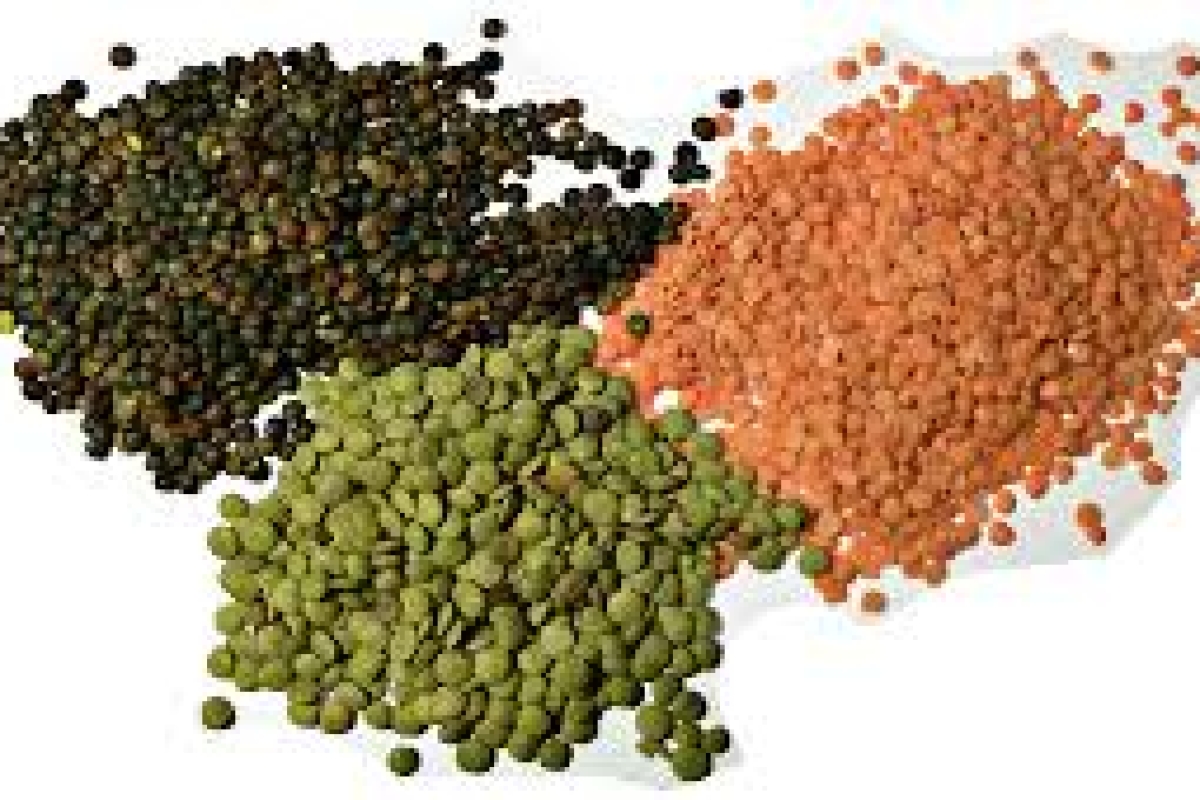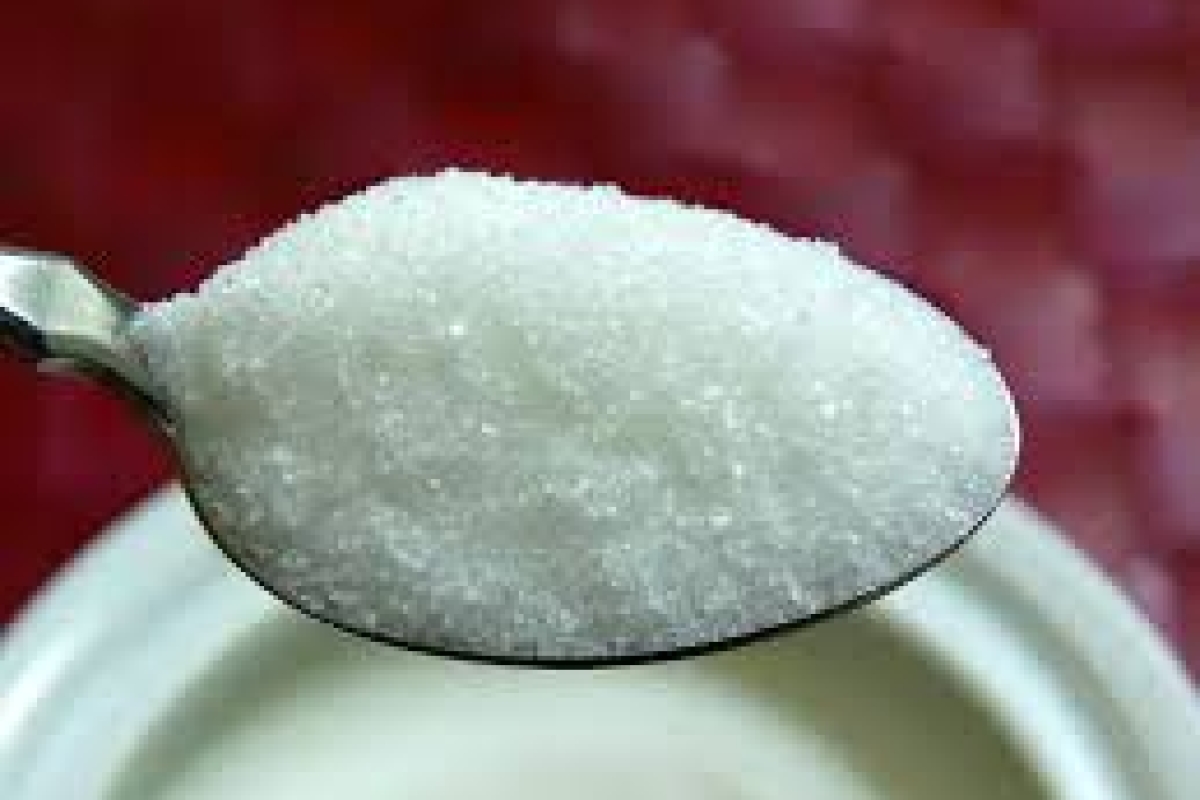What happens to your body if you give up dal for a month?

If you give up dal (lentils) for a month, several changes may occur in your body, primarily related to nutrient intake and overall health:
Protein Intake: Dals are a significant source of plant-based protein, so by eliminating them from your diet, your protein intake may decrease. This could potentially lead to a decrease in muscle mass and slower recovery from exercise, especially if you don't compensate with other protein-rich foods.
Fiber Intake: Dals are also rich in dietary fiber, which is essential for digestive health and bowel regularity. Without dals, your fiber intake may decrease, potentially leading to constipation or digestive discomfort.
Micronutrient Deficiencies: Dals are a good source of various vitamins and minerals, including folate, iron, magnesium, and potassium. If you give up dals without replacing them with other nutrient-rich foods, you may be at risk of developing deficiencies in these essential micronutrients.
Blood Sugar Management: Dals have a relatively low glycemic index, meaning they cause a slower and more gradual increase in blood sugar levels compared to high-glycemic foods. By removing dals from your diet, you may experience more significant fluctuations in blood sugar levels, especially if you replace them with high-glycemic foods.
Energy Levels: Protein and fiber-rich foods like dals can help regulate energy levels and keep you feeling full and satisfied between meals. Without dals, you may experience more frequent hunger pangs and fluctuations in energy levels throughout the day.
Overall, giving up dals for a month may lead to changes in nutrient intake, digestion, blood sugar management, and energy levels. It's essential to replace dals with other nutrient-rich foods to ensure you maintain a balanced and healthy diet during this time. If you have any concerns about making dietary changes, it's always a good idea to consult with a healthcare professional or registered dietitian.






.jpeg)














